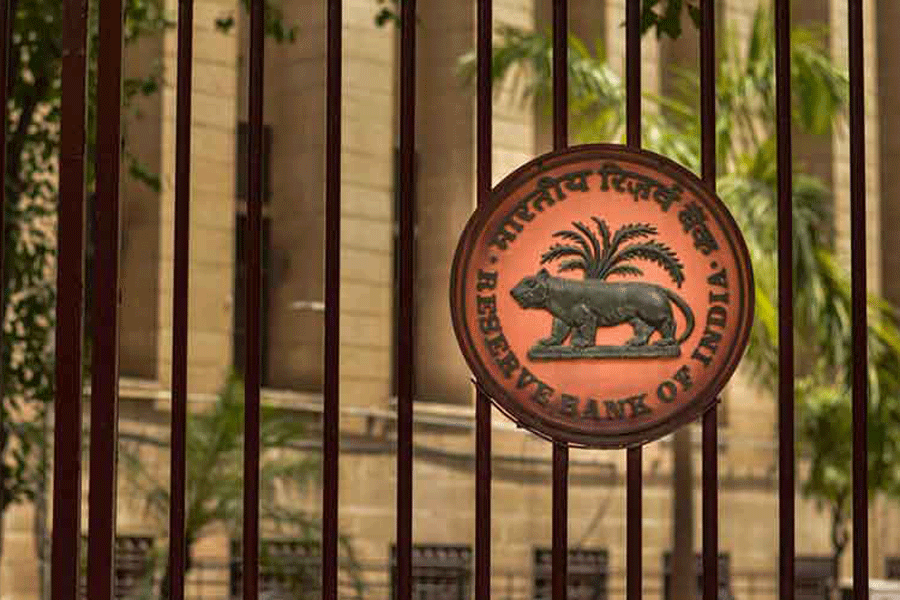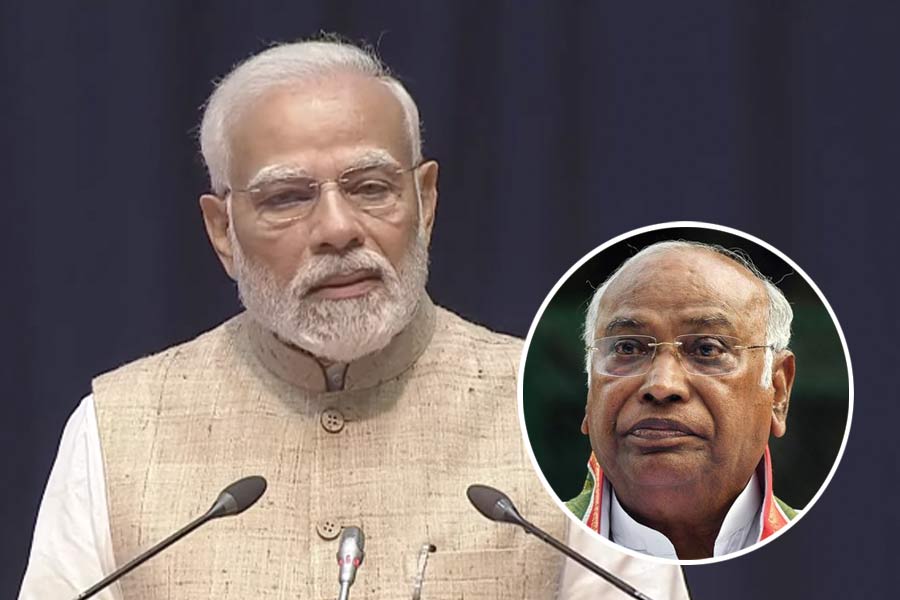The Reserve Bank of India (RBI) has forbidden banks and other lenders from charging penal interest from borrowers for failing to comply with the terms and conditions of a loan.
Expressing concern over the manner in which regulated entities (REs) were clamping penal interest over and above interest rates, the RBI said that if a penalty is levied it would have to be classified as a penal charge and not as a “penal interest that is added to the rate of interest charged on the advances”.
This means the compounding of penal interest — which inflates the outstanding dues — will no longer be allowed.
“The intent of levying penal interest/charges is essentially to inculcate a sense of credit discipline and such charges are not meant to be used as a revenue enhancement tool over and above the contracted rate of interest,” the central bank said in a notification.
The banking regulator also said the lenders “shall formulate a board-approved policy on penal charges or similar charges on loans, by whatever name called”.
Banks will also have to clearly disclose in the loan agreement the “quantum and reason for the penal charge”.
The instructions will come into effect from January 1, 2024.
The RBI’s notification on “Fair lending practice-Penal charges in loan accounts’’ further said that under the current guidelines, lending institutions have the operational autonomy to formulate board approved policy for the levy of penal rates of interest.
However, it was observed that many REs use penal rates of interest, over and above the applicable interest rates.
The RBI pointed out that supervisory reviews have shown divergent practices amongst the REs — banks, NBFCs, urban co-operative banks and financial institutions —
on the levy of penal interest or charges leading to customer grievances and disputes.
As per its guidelines, the REs cannot introduce any additional component to the rate of interest, while the quantum of penal charges will have to be reasonable and commensurate with the non-compliance of material terms and conditions of the loan contract.
Moreover, the charges cannot be discriminatory within a particular loan or product category.
These instructions will not apply to credit cards, external commercial borrowings and trade credits which are covered under product specific directions.
Loan reset
The RBI has asked banks and NBFCs to offer borrowers who have taken floating-rate loans the option to switch over to a fixed rate.
Borrowers also have the option to increase their equated monthly instalment
(EMI) or lengthen the tenor of the loan or a combination of these two, apart from prepayment of the loan either in part or full.
Since May 2022, the central bank has raised the policy repo rate 250 basis points which resulted in banks fully passing on the changes to the borrowers of home and other floating rate loans that are linked to an external benchmark.
However, with their EMIs remaining the same, it has resulted in a spike in the overall loan tenor or a rise in the outstanding balance of the loan (also called negative amortisation).
The central bank said that at the time of the reset of interest rates, banks should provide an option to borrowers to switch to a fixed rate as per their board approved policy.
Moreover, such a policy may also specify the number of times a borrower will be allowed to switch during the tenor of the loan.










